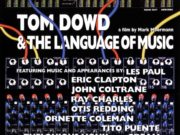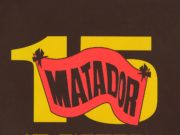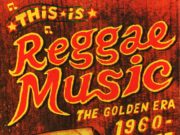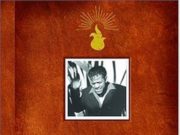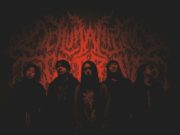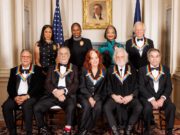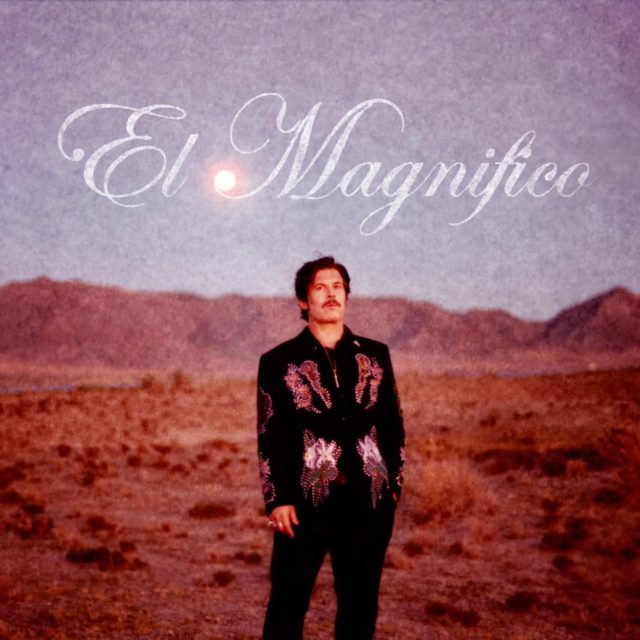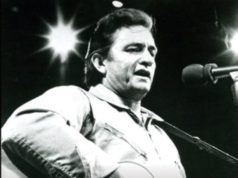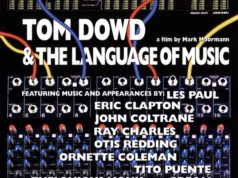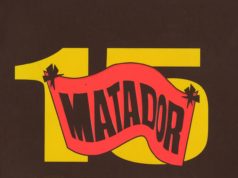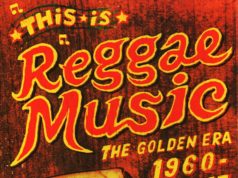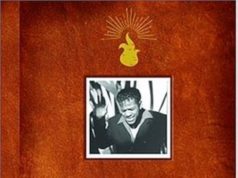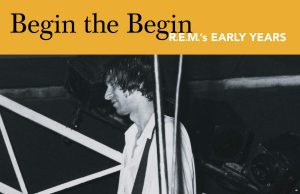THE EDITED PRESS RELEASE: “Ed Harcourt’s new self-produced album El Magnifico was recorded at his own Wolf Cabin studios, with finishing touches and assistance from producer Dave Izumi Lynch at Eastbourne’s Echo Zoo Studio.
Making his debut with the Mercury Prize-nominated Here Be Monsters in 2001, Harcourt has released music that blends raw emotions, impeccable songwriting and visionary flights of imagination. A succession of 10 rich, enthralling albums have followed that first spark, including the intoxicating addictive Strangers in 2004; 2013’s breathless Back Into The Woods, which was recorded in just eight hours; and Furnaces, which compellingly and entreatingly envisioned family ties confronted by the small matter of the apocalypse. After that LP in 2016, Harcourt moved to explore the instrumental sphere with soundscape albums Beyond The End and Monochrome To Colour.
While recognisably bearing the hallmarks that have made him such an admired and prolific songwriter, one of Britain’s most cherished yet inventive music creators, Ed’s new record El Magnifico also finds him striving for something new. It is an Ed Harcourt record, but one with a desire to seek fresh reward. “I think as a songwriter you do get to a point where you’re aware of your past and what you’ve done,” suggests Harcourt. “It’s knowing what your strengths are, what your weaknesses are, but also knowing how to better yourself by doing things you haven’t done before.
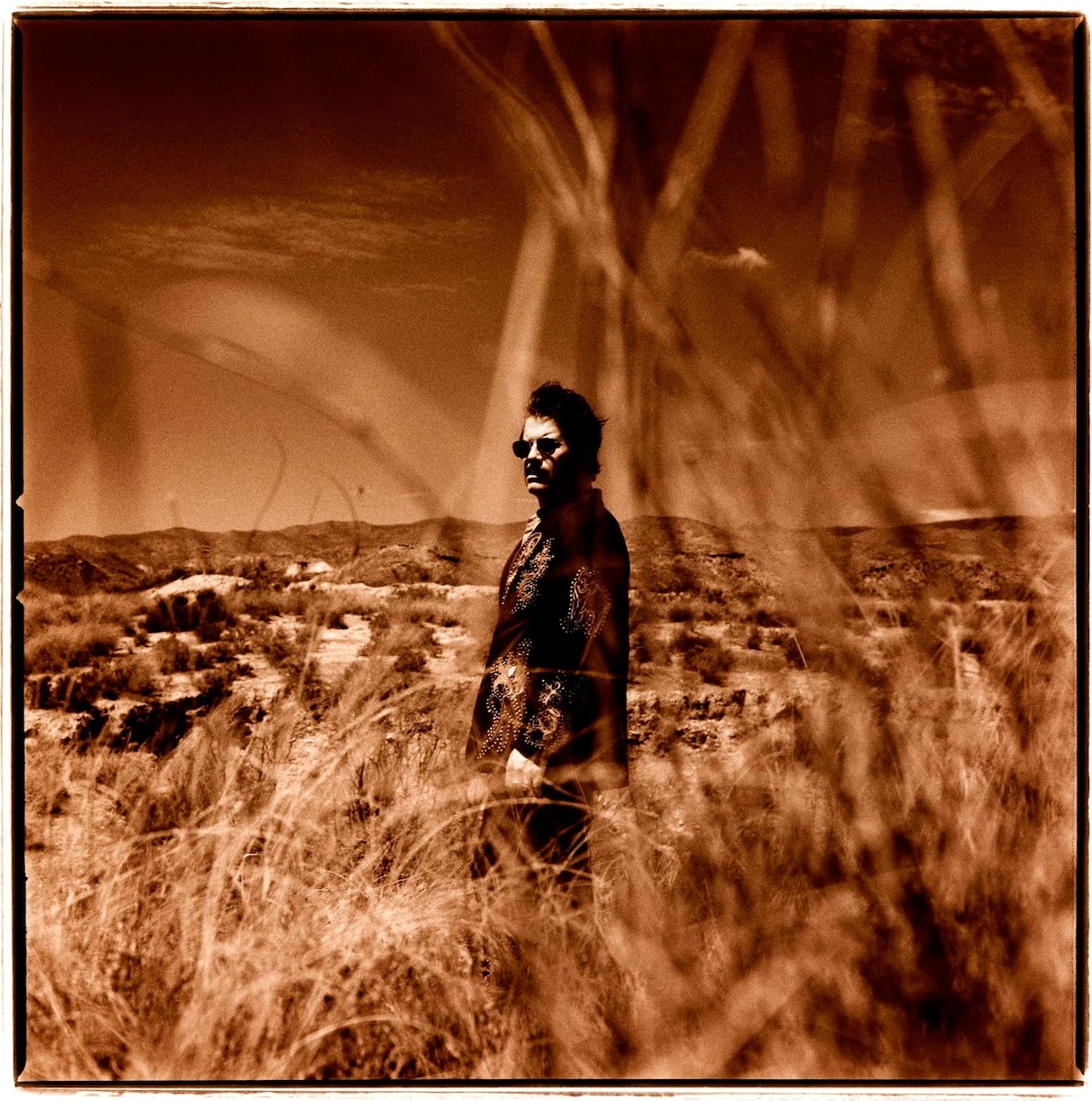
“I find that I’m always learning,” he adds. “When I’m writing with someone else it’s always a total blank canvas so you have to be open to trying new things. It means with every record I do myself it’s got to have something different in it. Every album is always a reaction to the last thing I did. After the Furnaces, which was quite heavy and experimental, I felt it was time I went back to the source a bit. So maybe there is a sense here of drawing on what people perhaps know me for, but there is also a big step forward.”
El Magnifico’s first four songs — which span his autobiographical ode to life in the face dodging death, 1987; the golden pop of Into The Loving Arms Of Your Enemy; Broken Keys,’ which features Afghan Whigs’ Greg Dulli and folk singer Kathryn Williams; and Strange Beauty — set a blistering emotional pace. Though it is testament to Harcourt’s abilities as a songwriter, that when he shifts from this opening salvo into the gentle fragility of The Violence Of The Rose, it is immediately clear it is all part of the same, wonderful journey.
“There’s definitely a thread running through the album,” confirms Harcourt of the record he produced at the bottom of his garden, while also making use of the natural resonance of his local church to capture an array of string parts.
With songs like Ghost Ship and Anvils And Hammers (the latter inspired by daydreaming a sudden, muddy descent into the centre of the Earth via the puddles on his lawn) finding Harcourt pouring his out his experiences through the simple honesty of one man sitting at a piano, there is a moving rawness to El Magnifico’s tenderest moments. These contrast beautifully with the twinkling gems that adorn the record’s bigger expressions, like Deathless, My Heart Can’t Keep Up With My Mind and The Dead Of The World, the latter featuring singer Stevie Parker whom Harcourt has written with. These bolder moments find Harcourt pushing musically and lyrically as it takes an atmosphere somewhat reminiscent of his first album yet there is added depth and fresh perspectives as he presents a widescreen view of his musical universe.
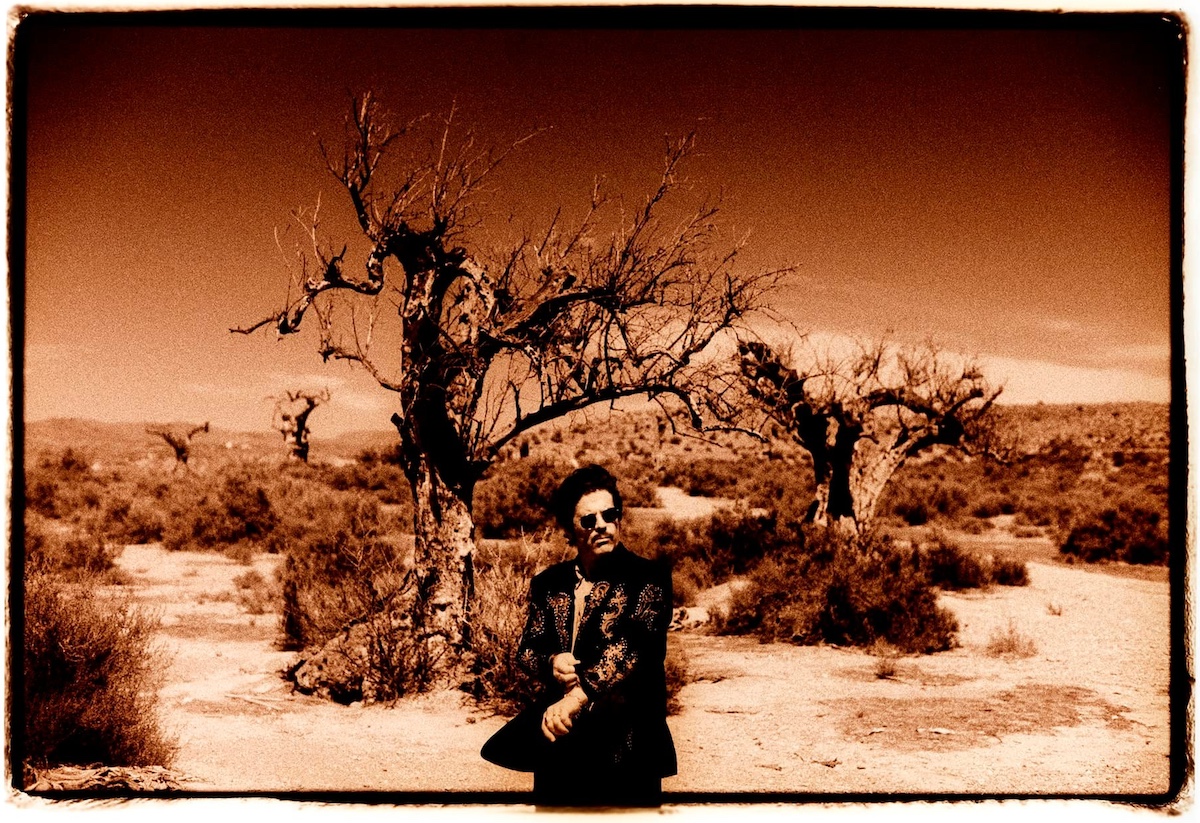
As the album reaches its conclusion, Harcourt’s focus adjusts once more. The passing of a close friend part inspired the tale of a wrathful angel at the centre of inverted hymn Seraphina (“I’ve always been interested in the whole dichotomy as well of human beings being creators and destroyers,” he notes), before the album ends with its yearning yet hopeful title track, its muted Spanish trumpet peering hopefully towards the sun.
The album was completed with the input of friend and producer Lynch (“I played him a bunch of tracks, he went ‘Yes, yes, no, no’ and we ended up with 12 songs,” recalls Harcourt, “then we worked on finishing and mixing them.”) though El Magnifico’s spirit owes much to Harcourt’s initial writing and recording approach, an experience that saw him revel in creative freedom as he indulged his impulses and tried not to outthink instincts.
“One of the important things with the record for me is that it feels like a combination of everything that I’ve done, yet it’s also opened up so many new possibilities,” Harcourt suggests. “I met Randy Newman at the Ivor Novello Awards once and I asked him ‘What is the secret of a great song?’ And he just said, ‘I don’t know, you just have to sit around and wait for it to come along.’ I guess that is true. He just does what he does, and I realised, I just have to do what I do.” Though its title was coined in jest, as his new album attests what Harcourt does is proving to be fittingly magnificent.”



